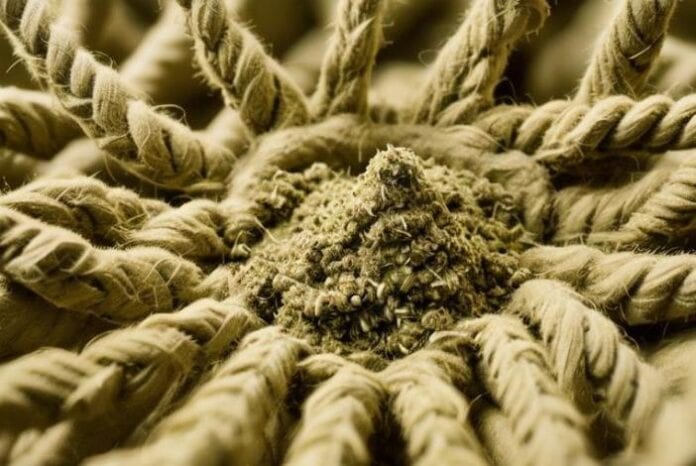Hemp, derived from the Cannabis sativa plant, has been used for thousands of years across various cultures. It’s one of nature’s most versatile plants, offering a wide array of uses. This attribute is due to its high concentration of useful compounds that fuel innovation in different industries.
For instance, weaving fibers from hemp stocks creates durable textiles. Likewise, oils extracted from the plant serve essential functions in skincare and food industries. This article aims to provide insights on how hemp is processed into different products and why it stands as an essential raw material in today’s market.
Table of Contents
Hemp: A Jack of All Trades
The secret to hemp’s flexibility in use lies in its unique composition. The plant is rich in cellulose, which makes it suitable for paper and biodegradable plastic production. If we consider the hemp seeds, they’re brimming with essential fatty acids, protein, and fiber. These nutritious components make them a healthy food option.
Hemp also produces cannabidiol (CBD), a chemical compound that is gaining popularity due to its potential health benefits. For instance, manufacturers infuse CBD into oils and topical creams for various therapeutic purposes. It’s clear that each part of the hemp plant offers distinctive properties that are valuable to different industries.
However, the utilization of hemp isn’t just a trend picked up recently. History indicates civilizations have appreciated this multifaceted plant since ancient times. People crafted ropes, clothing items, and even paper from cultivated hemp as early as 5,000 years ago – testifying to its timeless appeal.
Despite modern controversy surrounding cannabis-related products due to psychoactive associations with marijuana, it is important to remember that industrial hemp contains minimal THC content. This means it does not induce any psychoactive effects when used in product manufacturing or consumed directly, making it safe yet versatile for varied uses.
Reaping the Economic Benefits of Hemp
The booming hemp industry has brought about a myriad of economic benefits. It’s cultivated for both commercial and industrial purposes, offering opportunities for jobs, revenue generation, and business growth. With shifts in legal regulations across many parts of the world, there’s been an uptick in demand for hemp-derived products.
For instance, consider the rise in online searches to buy Delta-9 THC. This trend indicates a significant consumer interest in hemp-derived compounds with potential wellness benefits. As such a market expands, more economic value is derived from cultivating and processing this versatile plant.
Moreover, hemp farming doesn’t just benefit economies; it’s beneficial for the environment too. Hemp plants have a rapid growth cycle and are used for phytoremediation, absorbing toxins from polluted soils during their growth process. This results in cleaner soil while yielding raw materials for numerous products—it’s an eco-friendly double whammy!
It’s clear that hemp presents multiple opportunities at different levels, from supporting personal wellness to enhancing environmental sustainability, all while stimulating economic progress.
The Future of Hemp
With evolving technology and continuous discoveries, the potential applications for hemp continue to expand. As more researchers delve into understanding this miracle plant better, its future in diverse industries looks promising.
For instance, bricks made from Hempcrete (a mix of hemp hurd and lime) are stronger and more sustainable than regular construction materials. This remarkable innovation could pioneer eco-friendly solutions within the construction industry.
In addition, with health-conscious consumers looking towards natural remedies, the market for hemp-derived products such as CBD oil harbors limitless potential. It’s not far-fetched to claim that every household could someday have a hemp-based product used daily.
As you now understand why and how hemp is reshaping various sectors globally, keep an eye out for new products hitting the market. Whether it’s high-quality paper, nourishing skincare products, or even edible health supplements, all owe their existence to the versatile hemp plant.


